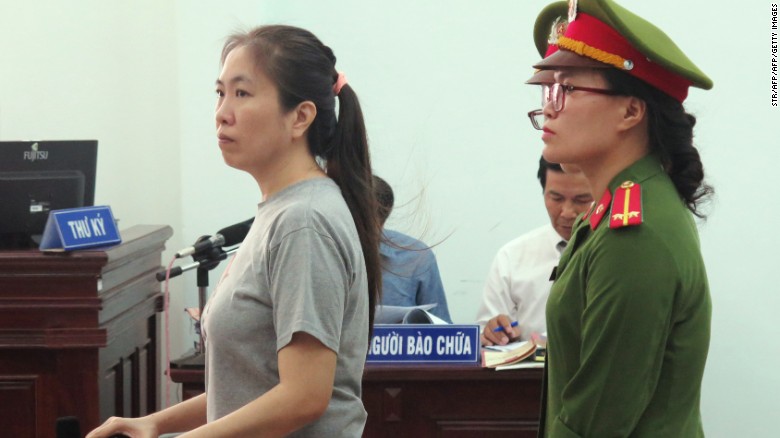By: Brian Kim
Impunity Watch Reporter, Asia
NAYPYIDAW, Myanmar – Myanmar’s government stated that it will not allow members of the United Nations to enter the country to investigate potential human rights violations against Rohingya Muslims.
The United Nations Human Rights Council report which was prepared in February stated that thousands of civilians are getting killed and raped by Myanmar’s soldiers. Then in March, three legal experts and human rights advocates were appointed by the UN Human Rights Council to lead the operation to investigate the alleged violations.
Myanmar’s leader, Aung San Suu Kyi, denied the Council’s request to investigate in May and stated that it is not in keeping “with what is actually happening on the ground.” She further denied “ethnic cleansing” of Rohingya Muslims and stated that “ethnic cleansing is too strong an expression to use for what is happening.” The government has previously denied human rights violations by stating that it was “propaganda.”
Aung San Suu Kyi has been condemned for failing to protect more than 1 million Rohingya Muslims in Rakhine. Historically, Myanmar has not recognized Rohingya Muslims as an ethnic group and treated them as illegal immigrants from Bangladesh. The Rohingya Muslim minority suffers from discrimination in Buddhist-majority Myanmar. In 2012, around 140,000 – mostly Rohingya – were forced to leave their homes.
Myanmar officials maintains that a domestic investigation is being conducted under the leadership of the former lieutenant general and Vice President, Myint Swe. He has stated that the United Nations fact-finding mission will not contribute to their current internal investigation.
For more information, please see:
AP – Myanmar to bar UN human rights investigators from entering – 30 June, 2017


